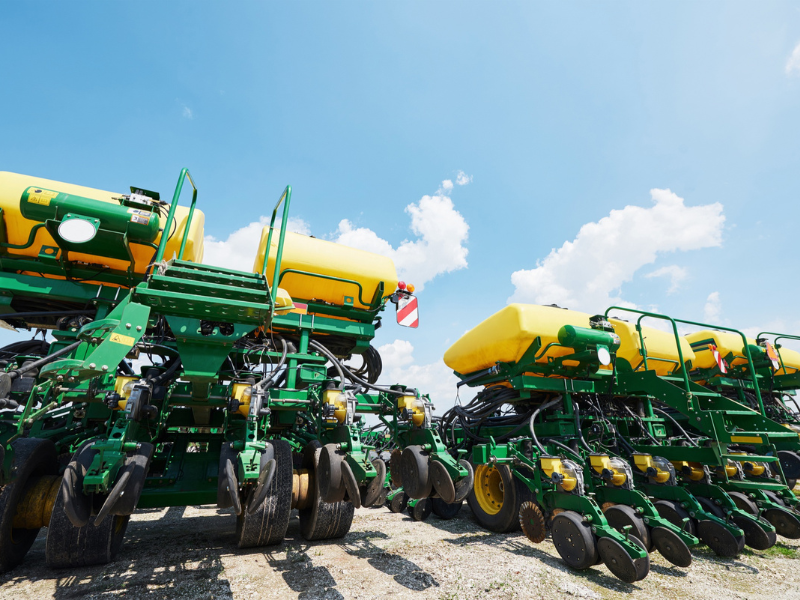AI Powered Analytics
AI powered analytics is revolutionizing agriculture by turning vast amounts of farm data into actionable insights. Using artificial intelligence, farmers can analyze real time information on weather, soil conditions, crop growth, pest patterns and more to make smarter decisions. This technology enables precise forecasting, efficient resource use and early detection of issues, ultimately increasing productivity and reducing waste. By automating complex data analysis, AI helps farmers optimize planting schedules, irrigation, fertilization and harvesting. The result is improved yield, lower costs and a more sustainable and data driven approach to modern farming.
Farm Automation Essentials
- Real Time Monitoring Through Drone Technology
- Automated Irrigation and Water Management Systems
- Farming for Efficient Resource
Why Eco Friendly Irrigation Makes Difference
Eco friendly irrigation methods play a crucial role in conserving water while boosting crop performance. Techniques such as drip and sprinkler systems ensure efficient water distribution, reducing evaporation and runoff. These methods not only save water but also promote healthier root development and higher yields.
Precision Planting
Precision planting is a modern agricultural technique that focuses on placing seeds at the exact depth, spacing and location needed for optimal growth. Using advanced machinery and GPS guided systems, farmers can ensure uniform crop emergence and maximize overall field productivity. This innovative approach reduces seed waste, improves germination rates and promotes healthier plants. By combining data driven insights with accurate planting technology, precision planting supports higher yields, efficient resource use and sustainable farming practices.



